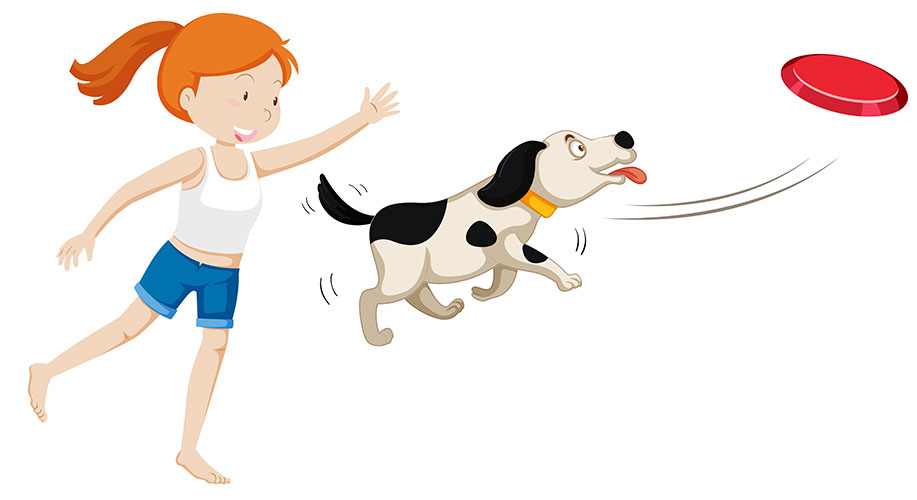
Owning a dog is a joy, privilege, and responsibility. If you are considering bringing a dog into your life,do think seriously about the commitment that being a responsible dog owner entails.
1. Recognize the commitment
Before deciding that a dog is right for you, make an honest assessment: are you ready for the financial, emotional, and time commitment owning a dog requires?
2. Evaluate your lifestyle
- Think about the type of dog that will best suit your lifestyle. Evaluate all aspects of your family’s life — hobbies, activities, personalities — before choosing a breed.
- When you bring your puppy home for the first time, it’s a huge change for the both of you. You can make the process much easier by making a few simple preparations ahead of the big day.
3. Preparing for a puppy
Be sure to stock necessary puppy requirements such as:
- Id tags
- Leash & collar
- Food & bowl
- Toys
- Sleeping crate
4. Puppy-proof your home
Like human babies puppies are also very curious and naughty and will explore their new territory and objects. Make sure that the following objects should be out of reach from your new bundle of joy:
- Dustbins
- House cleaning products
- Electrical sockets
- Breakables
5. Barricade balconies & terrace
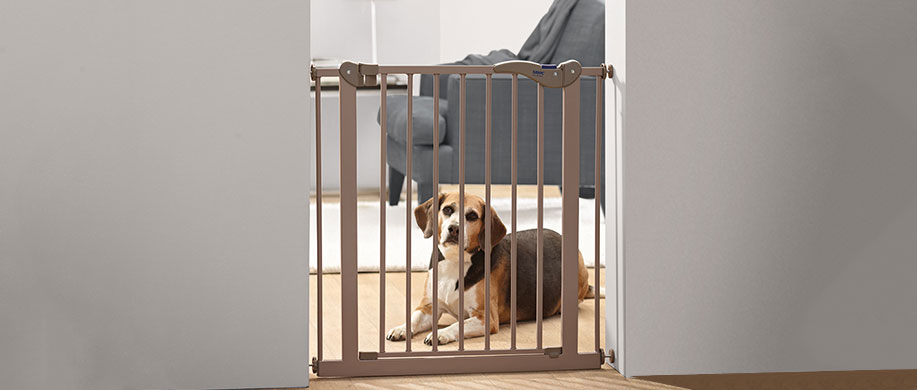
6. Plan your puppy’s diet & exercise
A puppy’s diet plays an important role in their physical development.A right mixture of nutrition will help attain that development for a healthy life.
- Lifestage of a puppy is divided into two stages: weaning(between 3-8 weeks) & puppyhood (8 weeks +).
- During the first stage,meals should be served three times a day & in the second stage it should be reduced to twice a day.
- However during the first two stages it is recommended that packaged dog food has higher nutritional density to boost the overall growth of the little one.
- Your new puppy will have a lot of energy, and you can help him to use it in a positive way through some basic commands.
- However do keep in mind, that puppies need much less exercise than adult dogs.
- Let your puppy play,walk and run in a safe confined area once in a day.
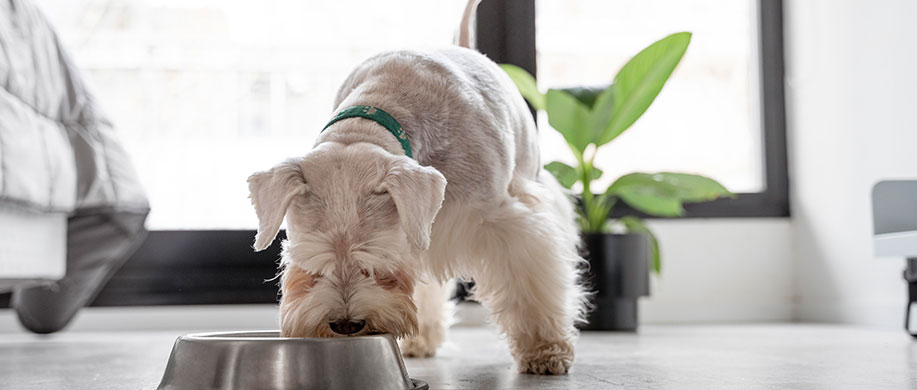
7. Set up proper sleeping arrangements
- Ensure a proper designated space where a crate or a bed can be kept.
- Try place a bed in an area where other people are nearby,so your puppy won’t be lonely.
- Most important don’t let the puppy sleep in your bed with you,as this can create unknown problems in future.
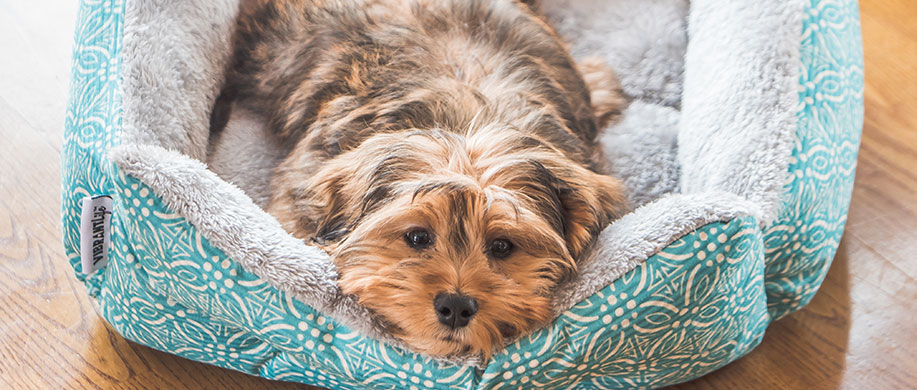
8. Potty-train your puppy
Puppies need to urinate frequently, so you will need to anticipate their needs and give them an opportunity to relieve themselves at least every two hours.
- Similarly you can usually tell when a puppy wants to go because he or she will look anxiously,walk in circles or start sniffing in suitable corners.
- If you don’t want your puppy to poop all over pick one area and take him for a short walk at regular intervals.
9. Train for good behavior
- Training your puppy to understand a basic set of everyday commands can make them more comfortable in social situations and easier to handle. It can also keep them safe in busy or dangerous places, so you can confidently take them anywhere and meet anyone.
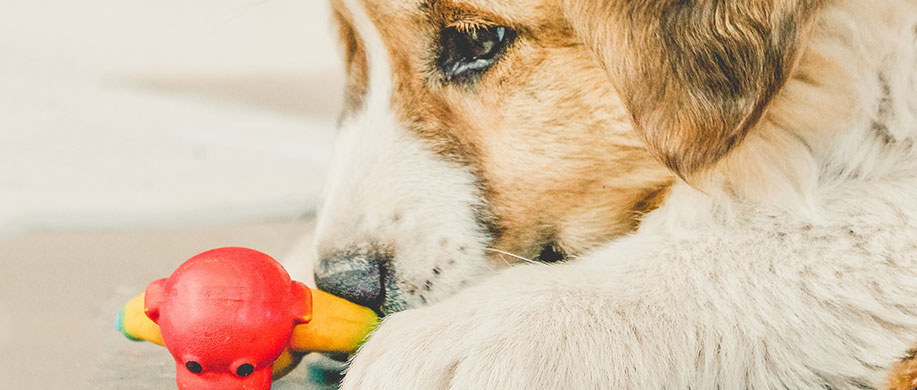
10. Take your puppy to the vet
Take your new puppy to the vet for a checkup as soon as possible. If there’s something wrong, the vet can catch it early and get it before it becomes a big problem.
11. Ensure plenty of socialization A new puppy needs lots of love and cuddling, rest and sleep, lots of good, nourishing food and then… more love! Moving to a new home, leaving his mom and litter-mates is a very difficult experience for a puppy. Therefore, try to make the move as easy as possible for him. Give him time with you and your family, and give him the feeling of being safe and secure in his new home.
